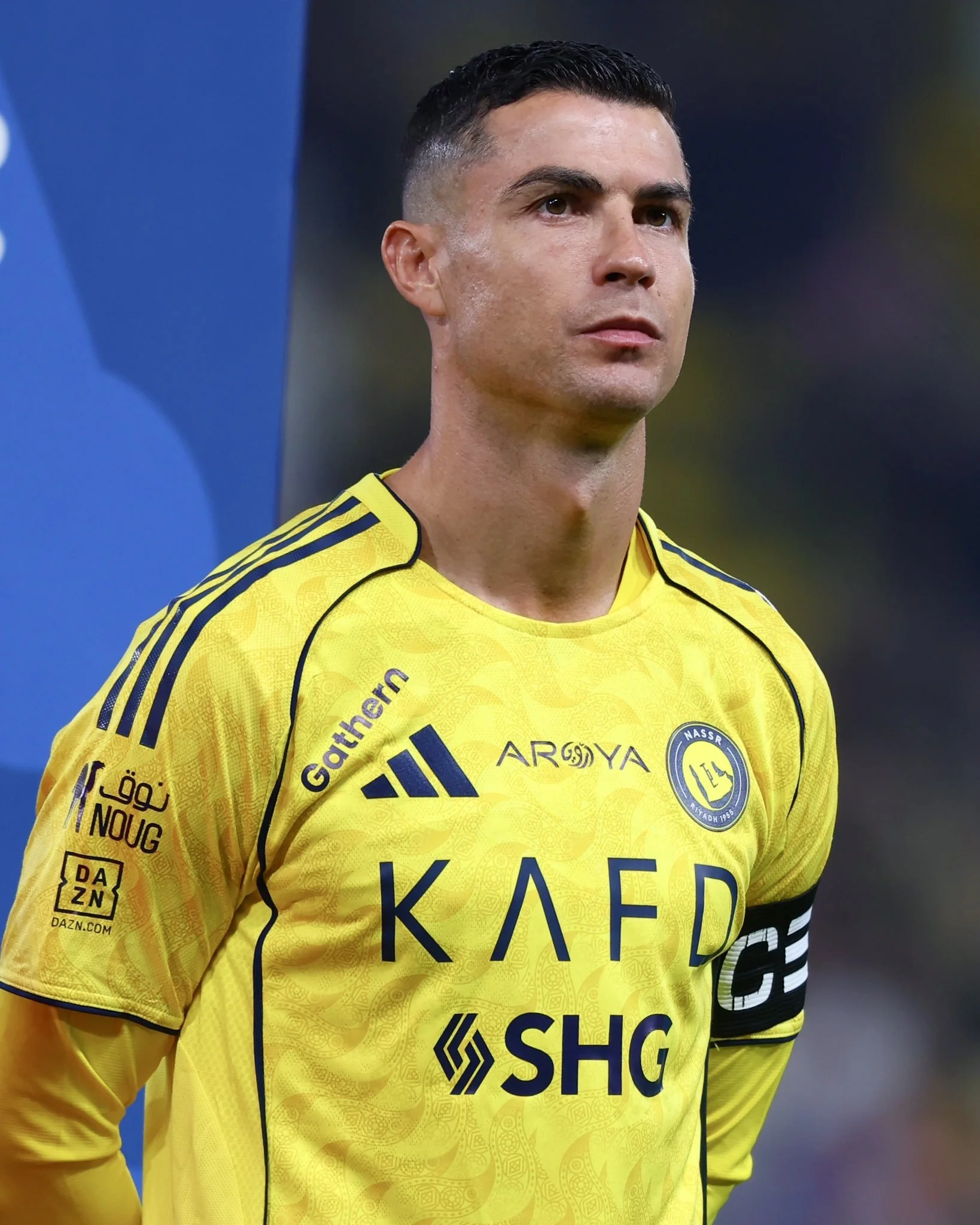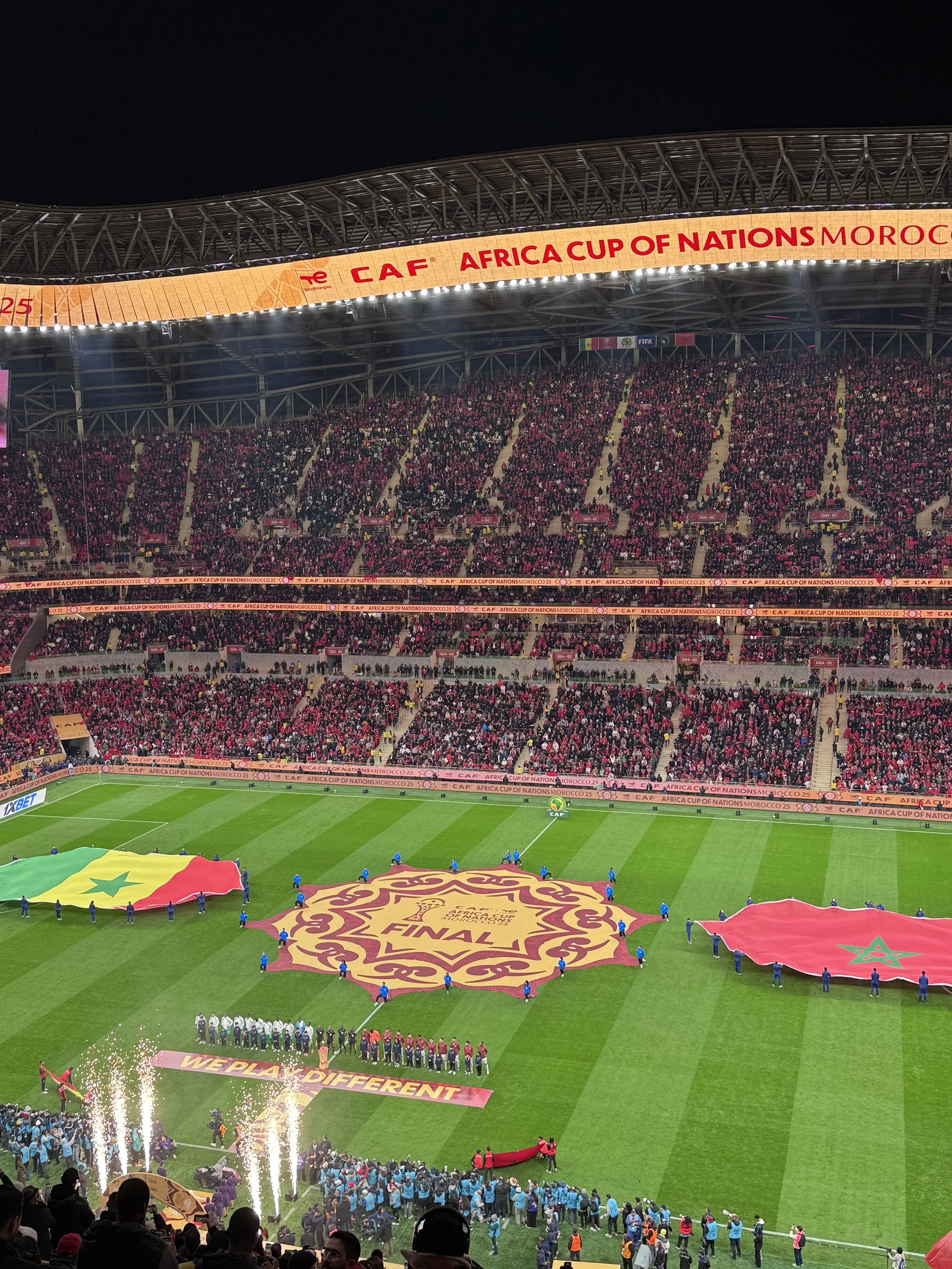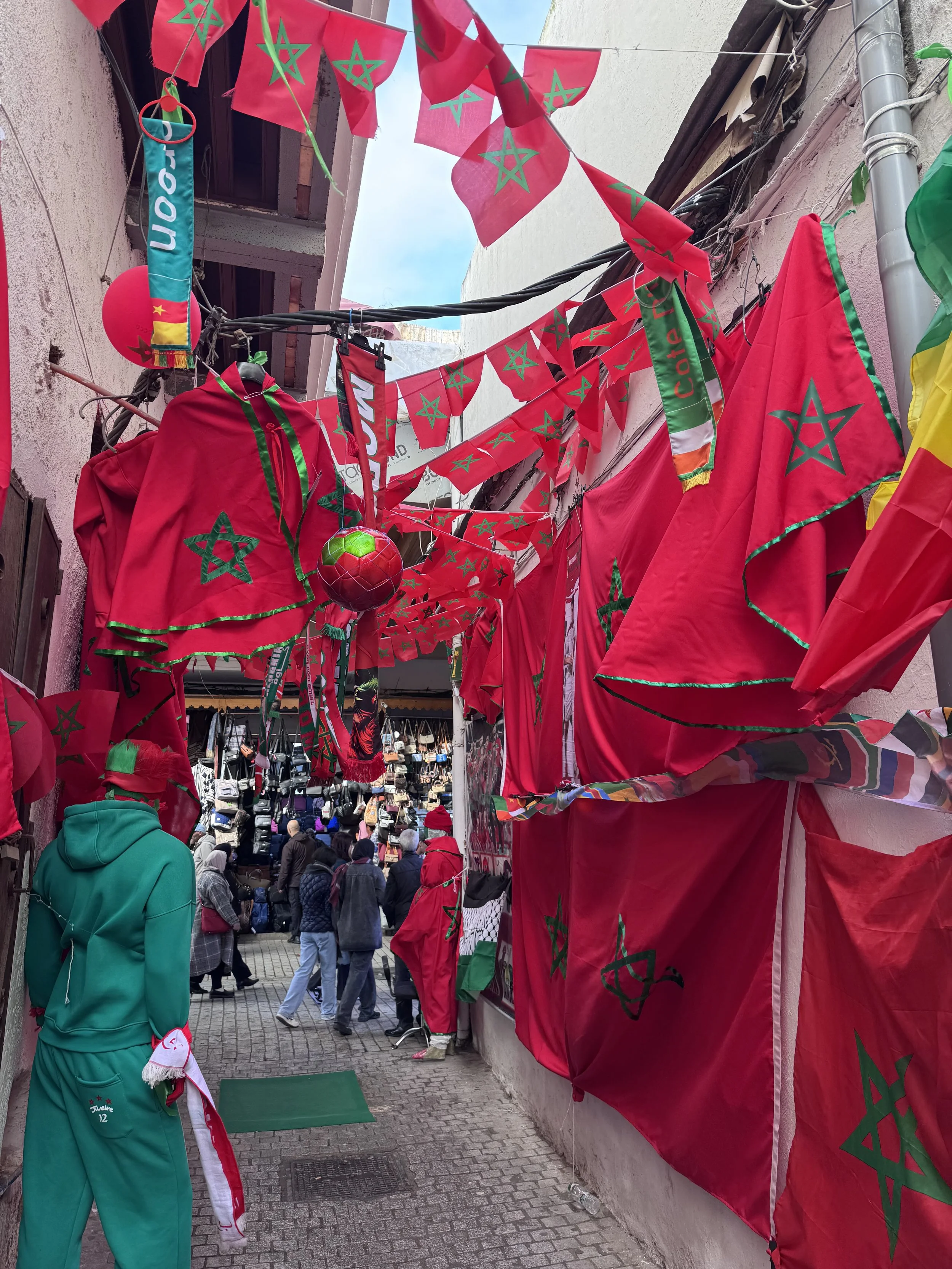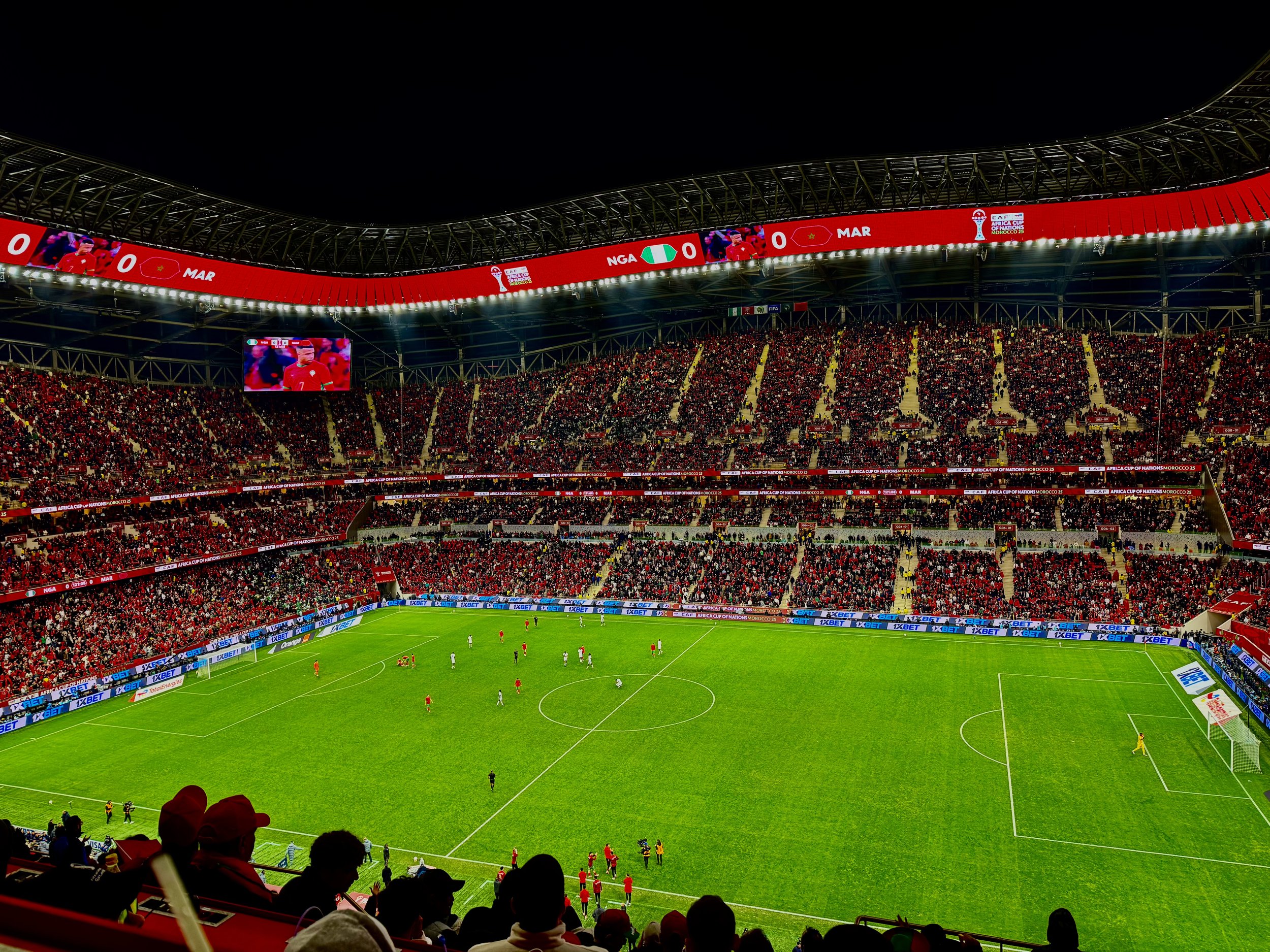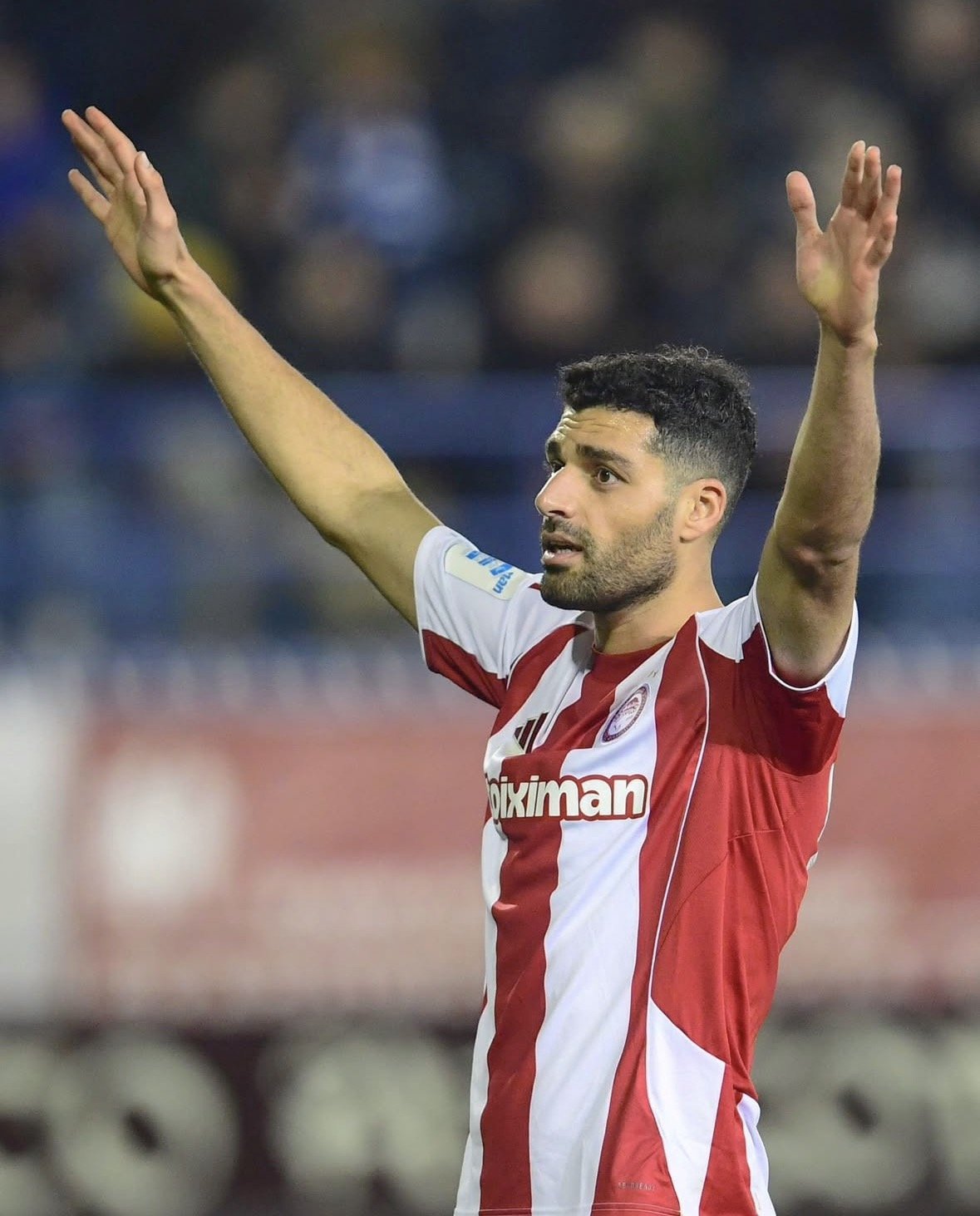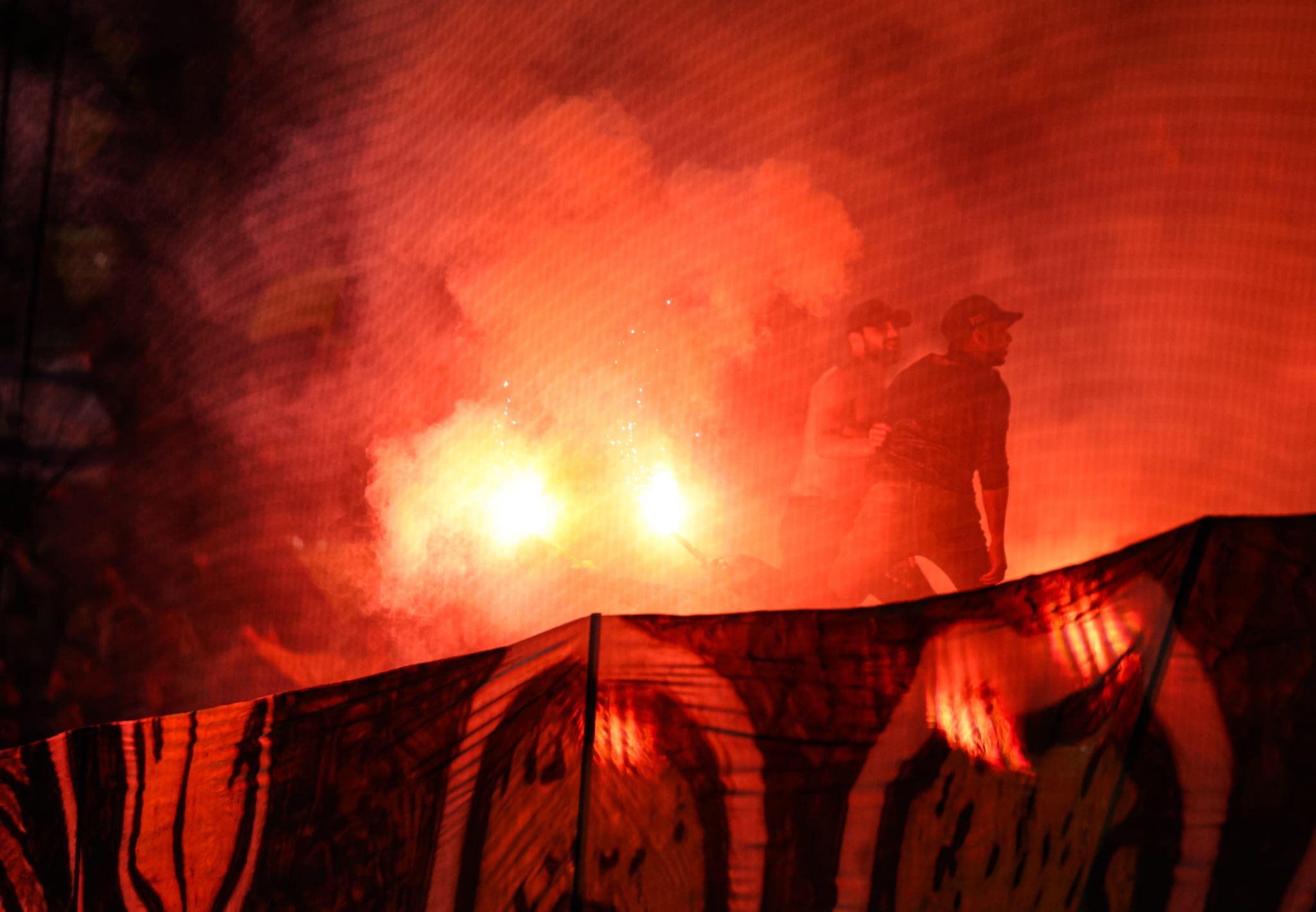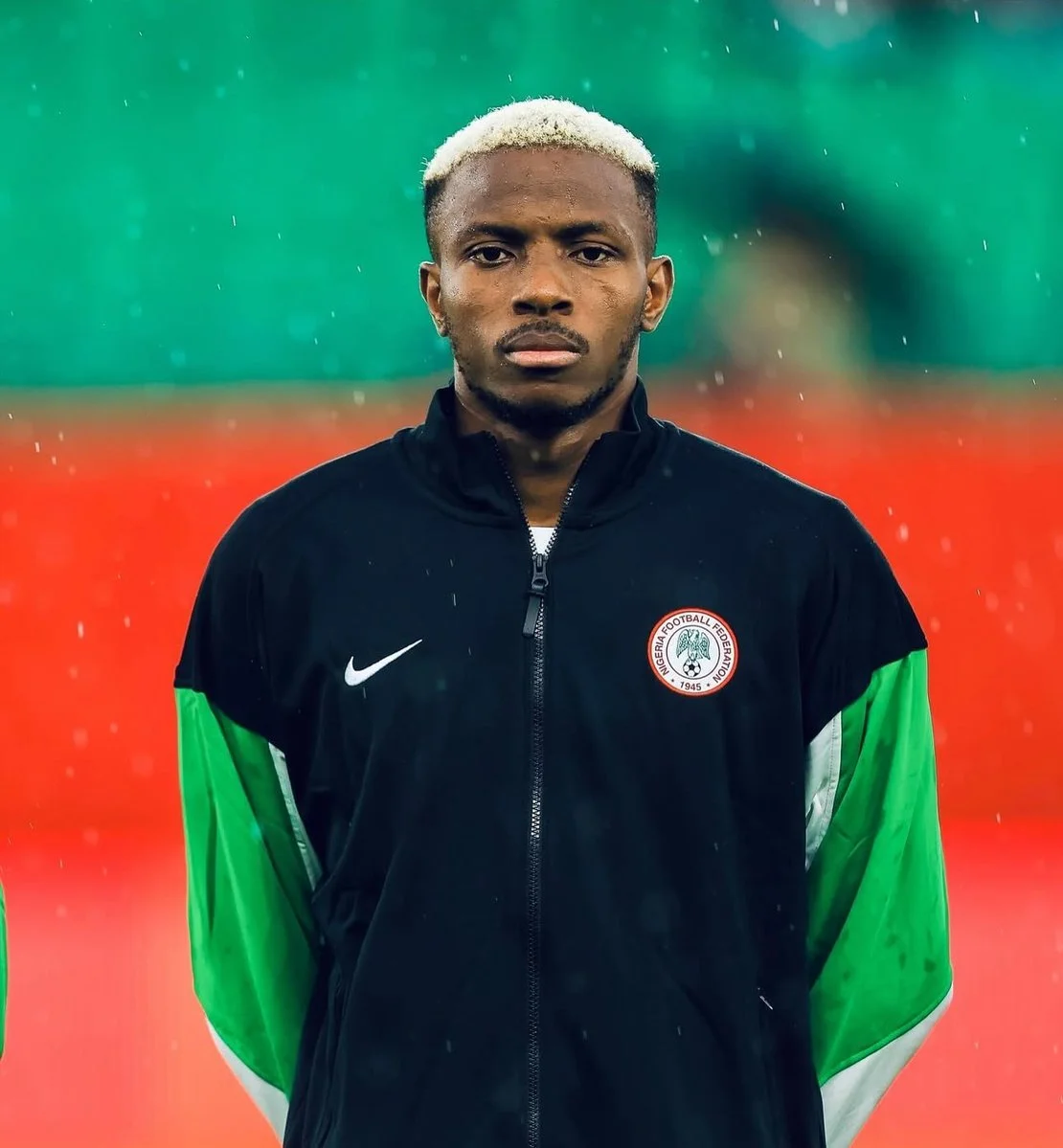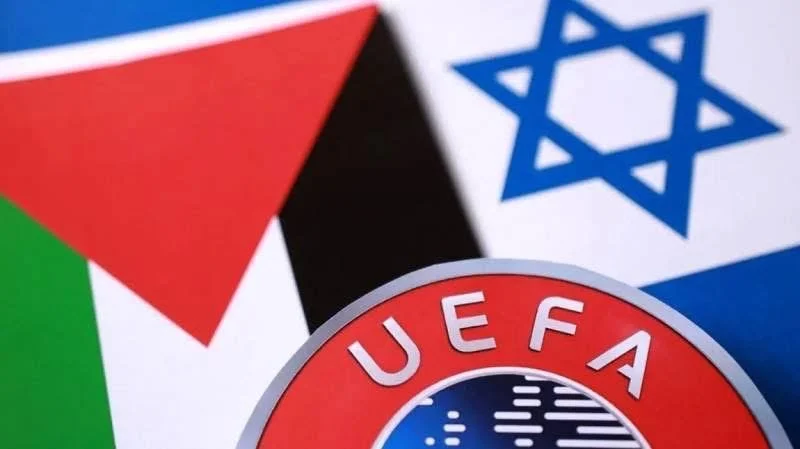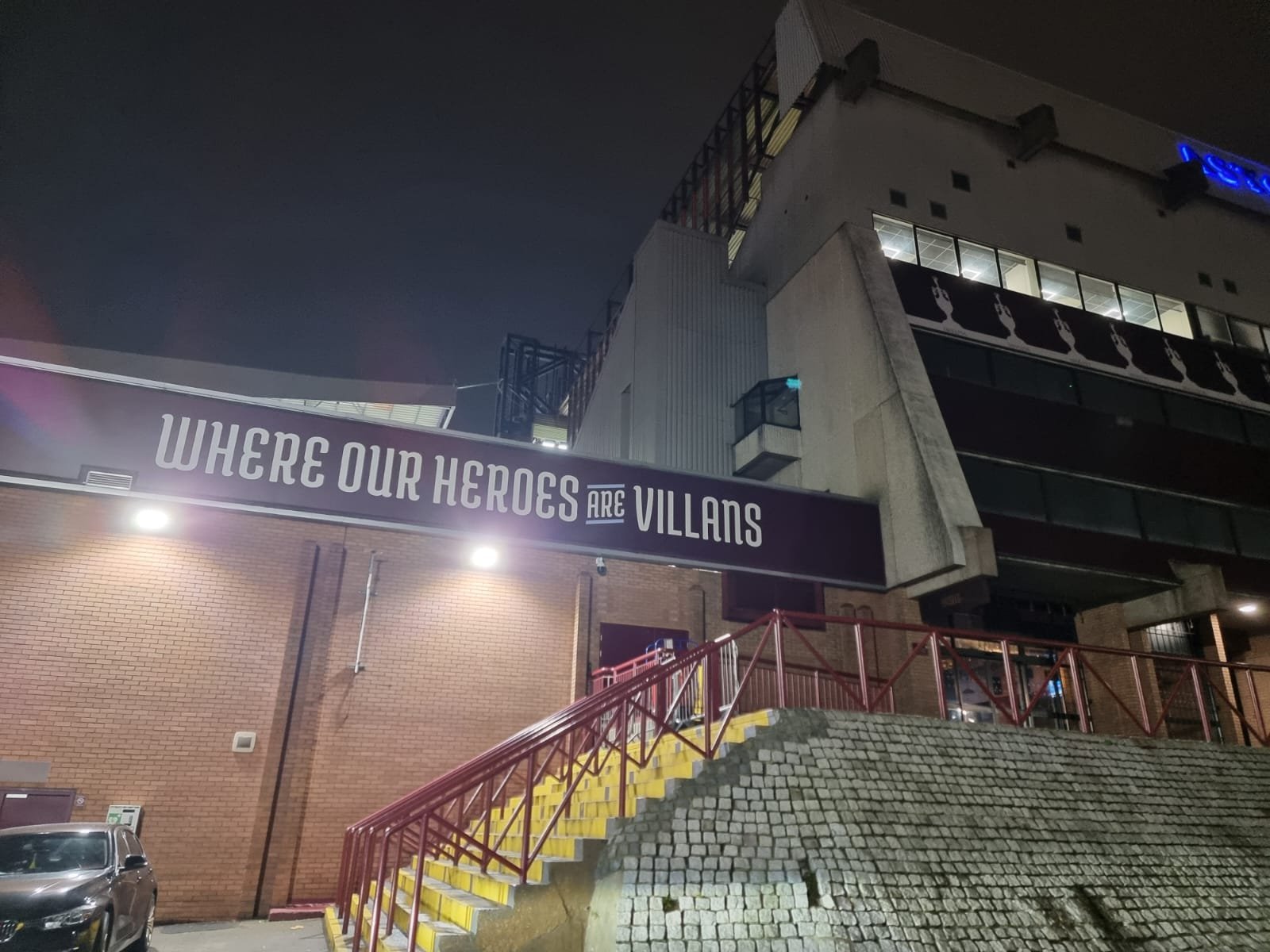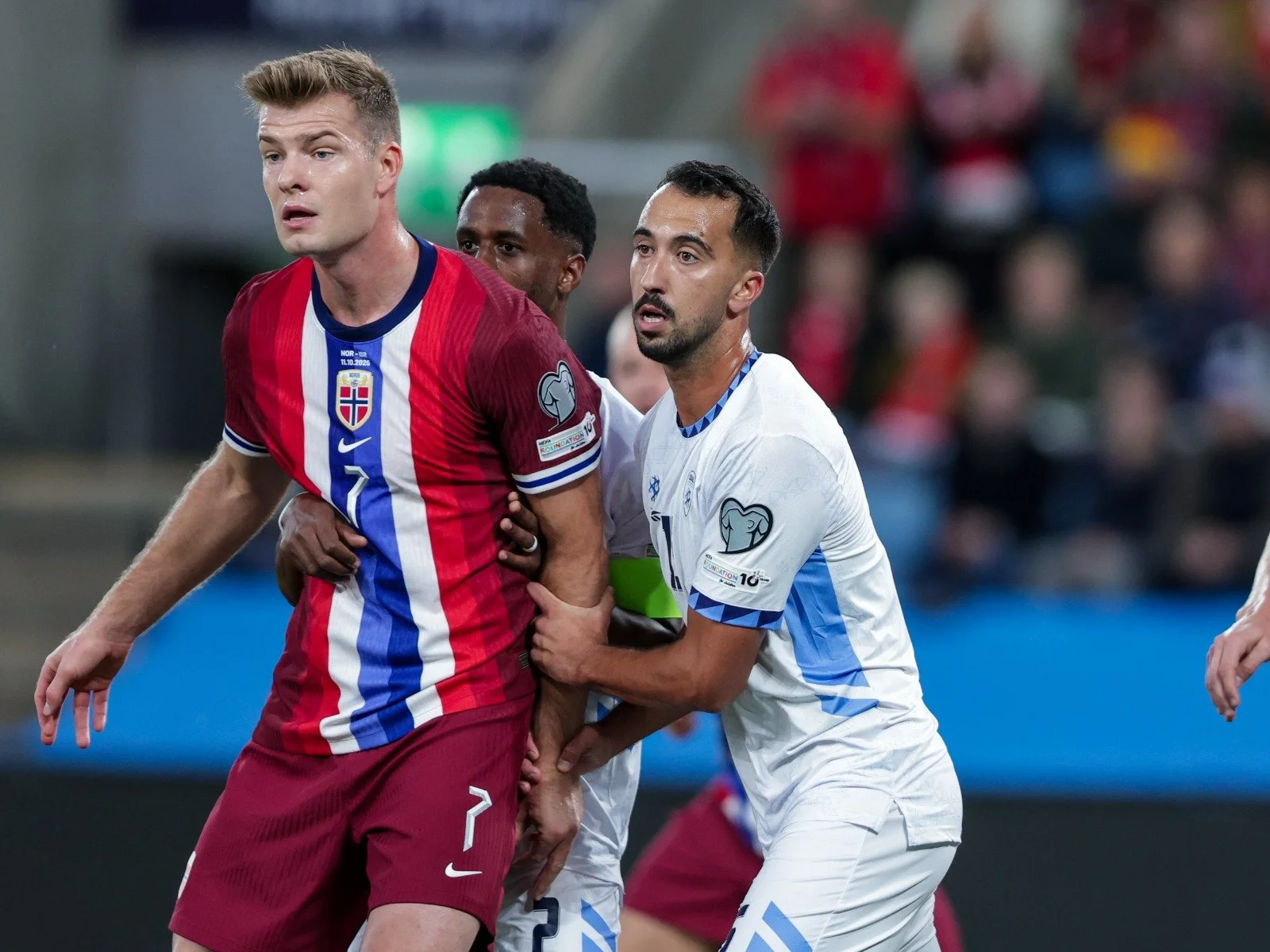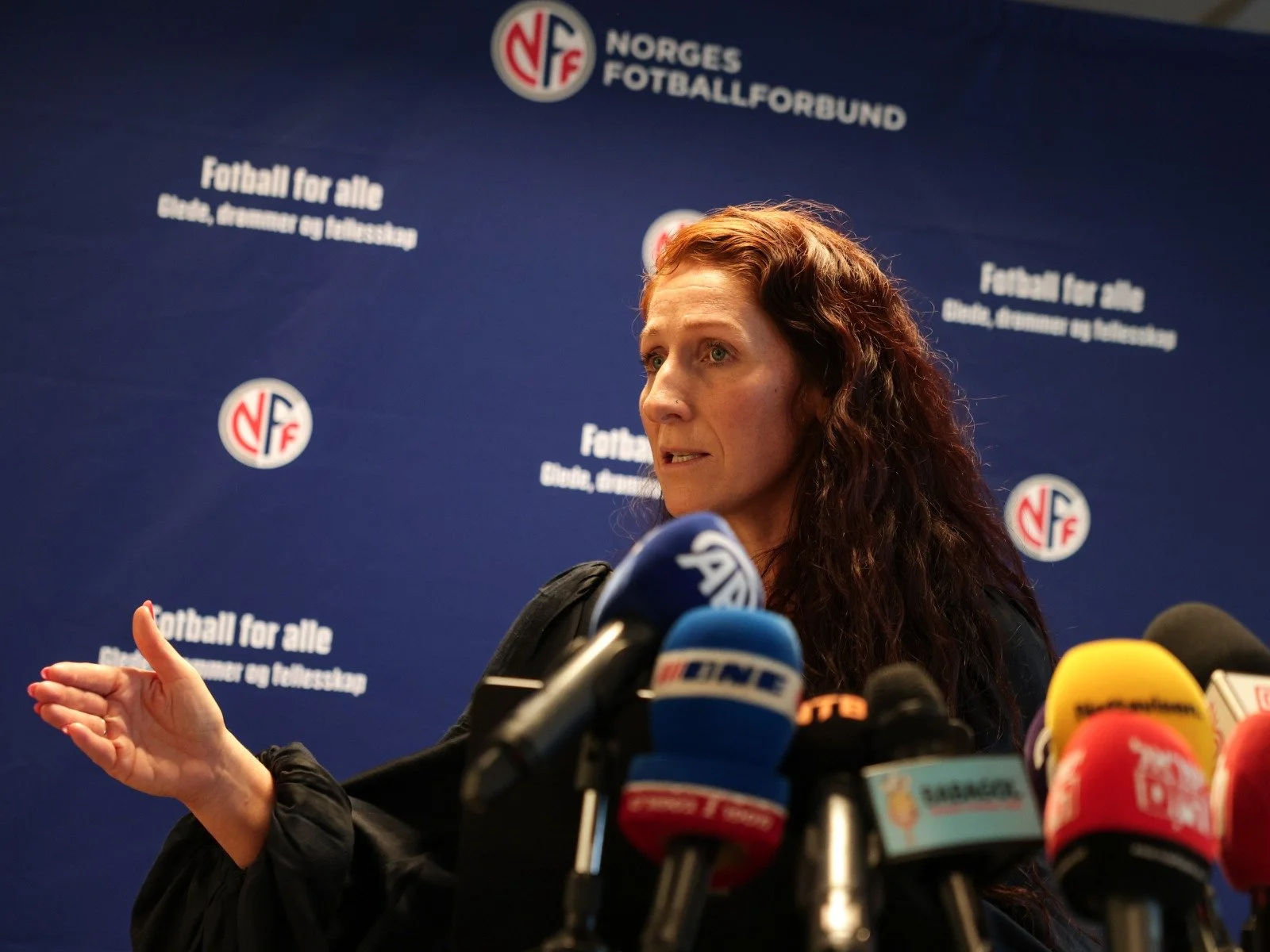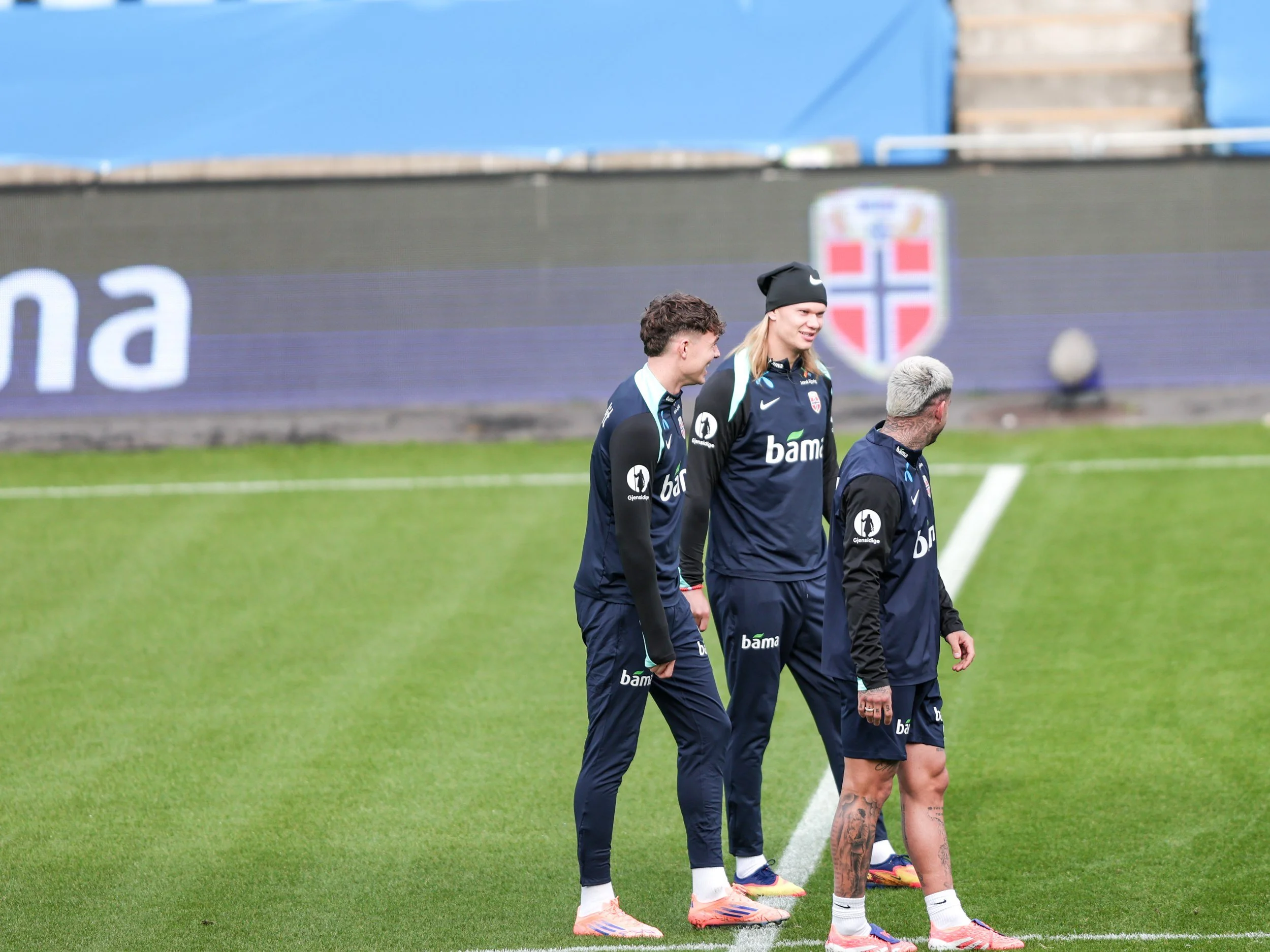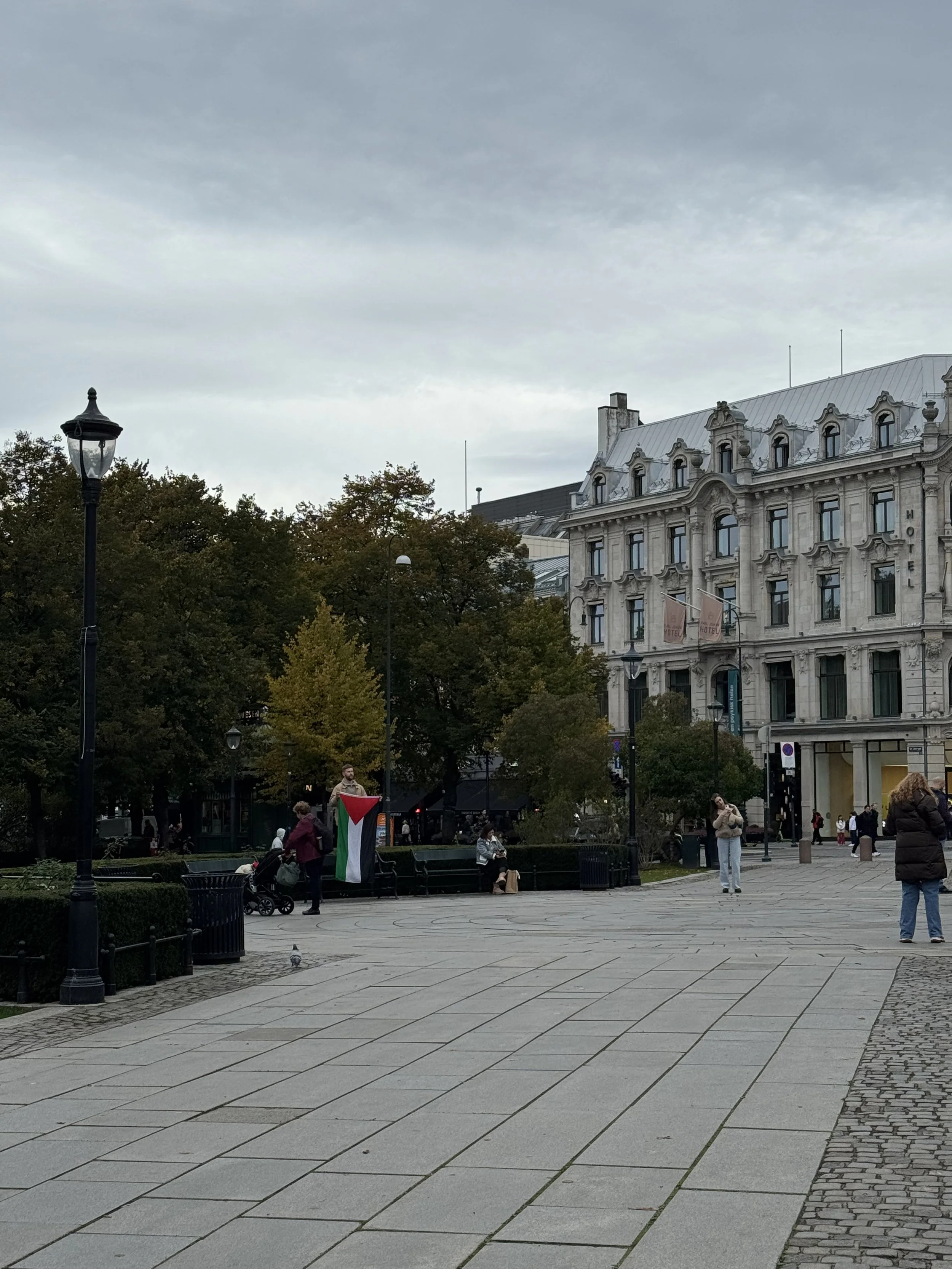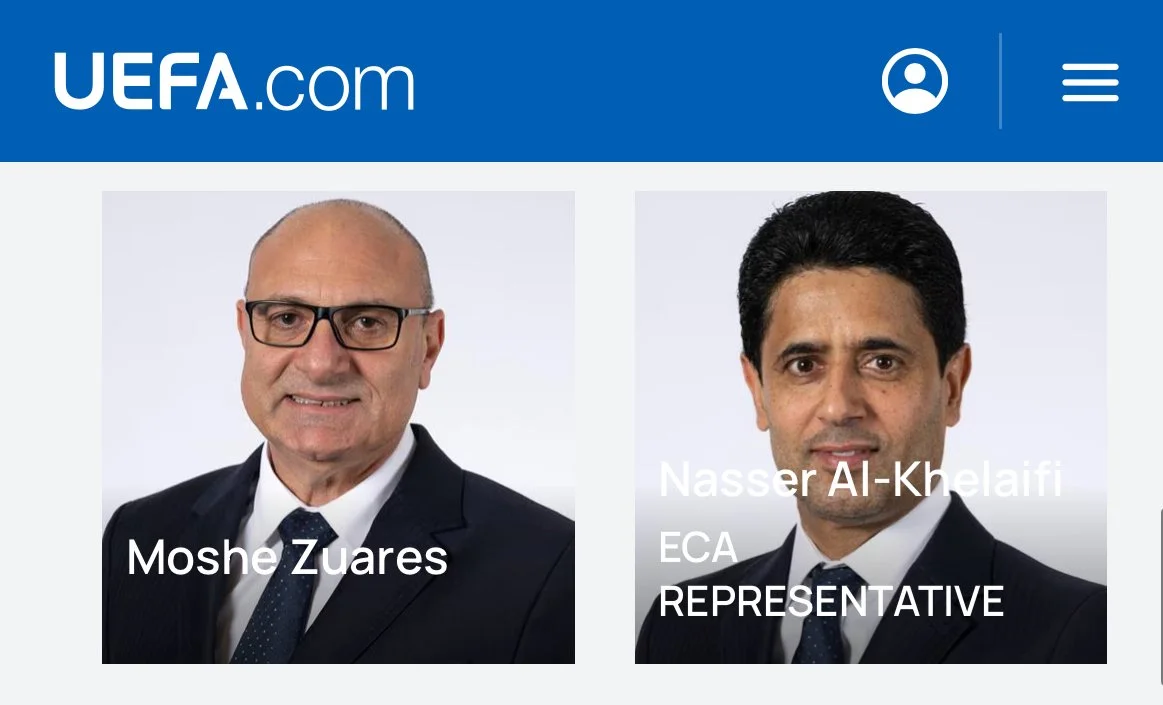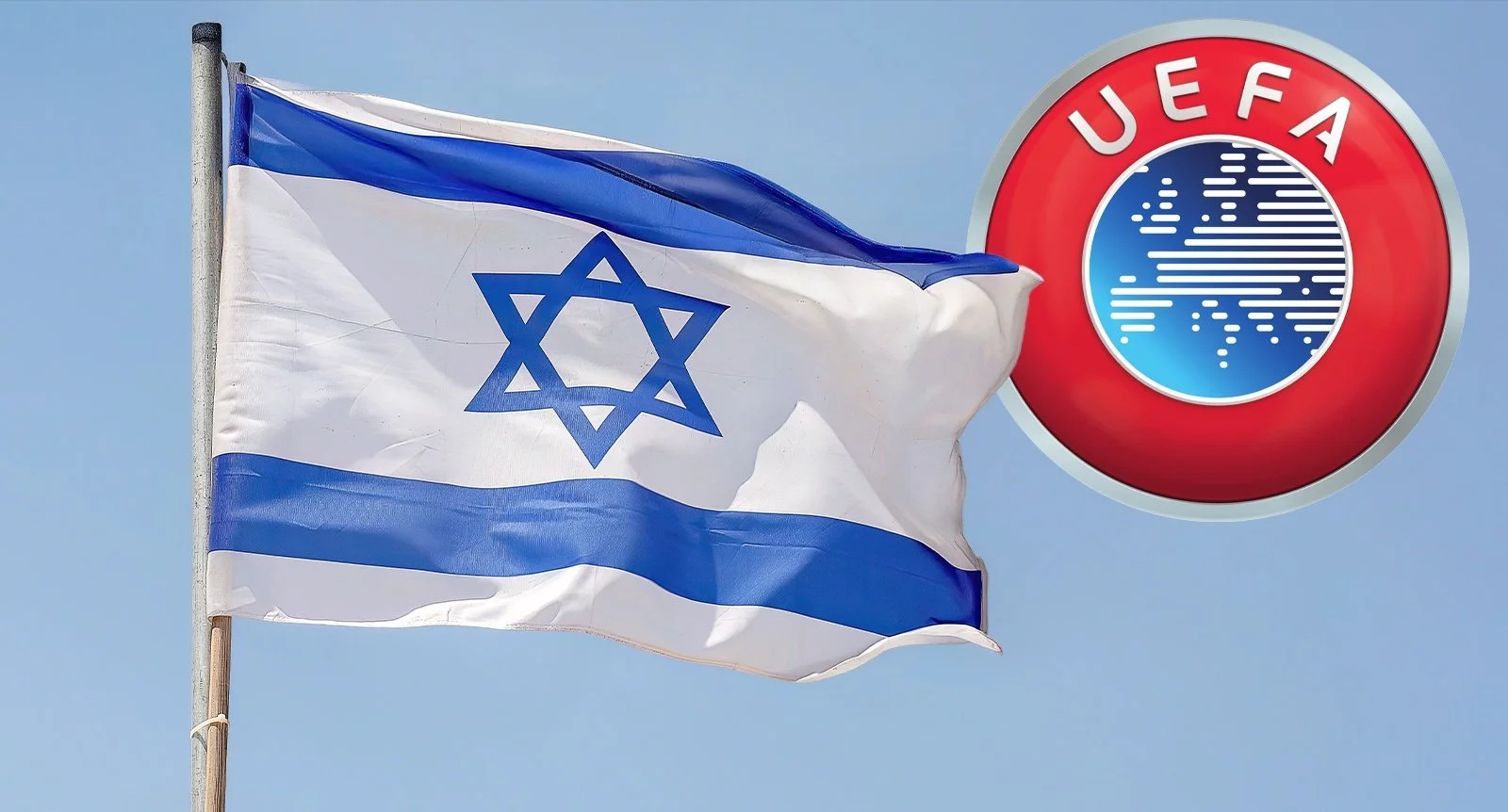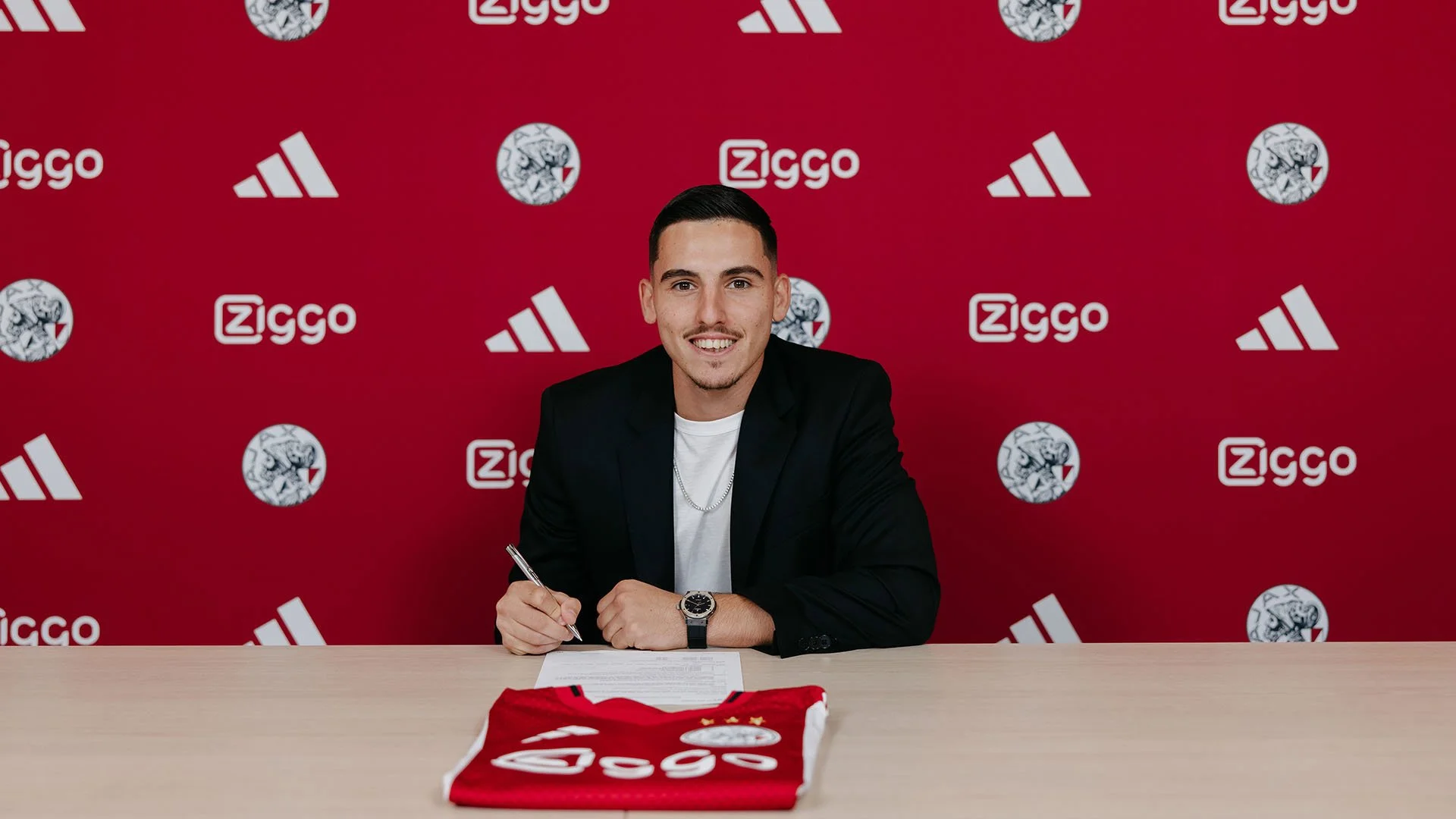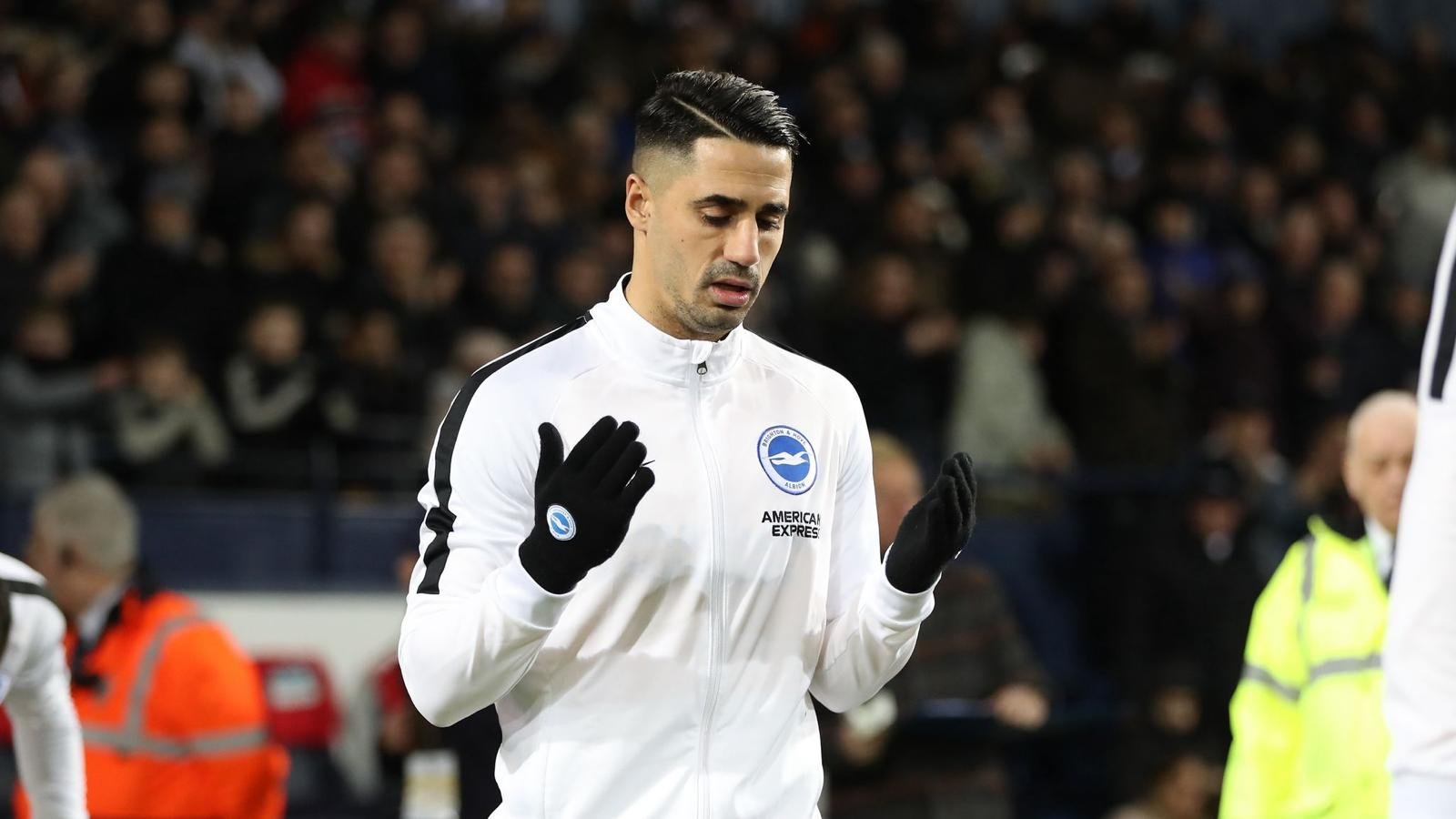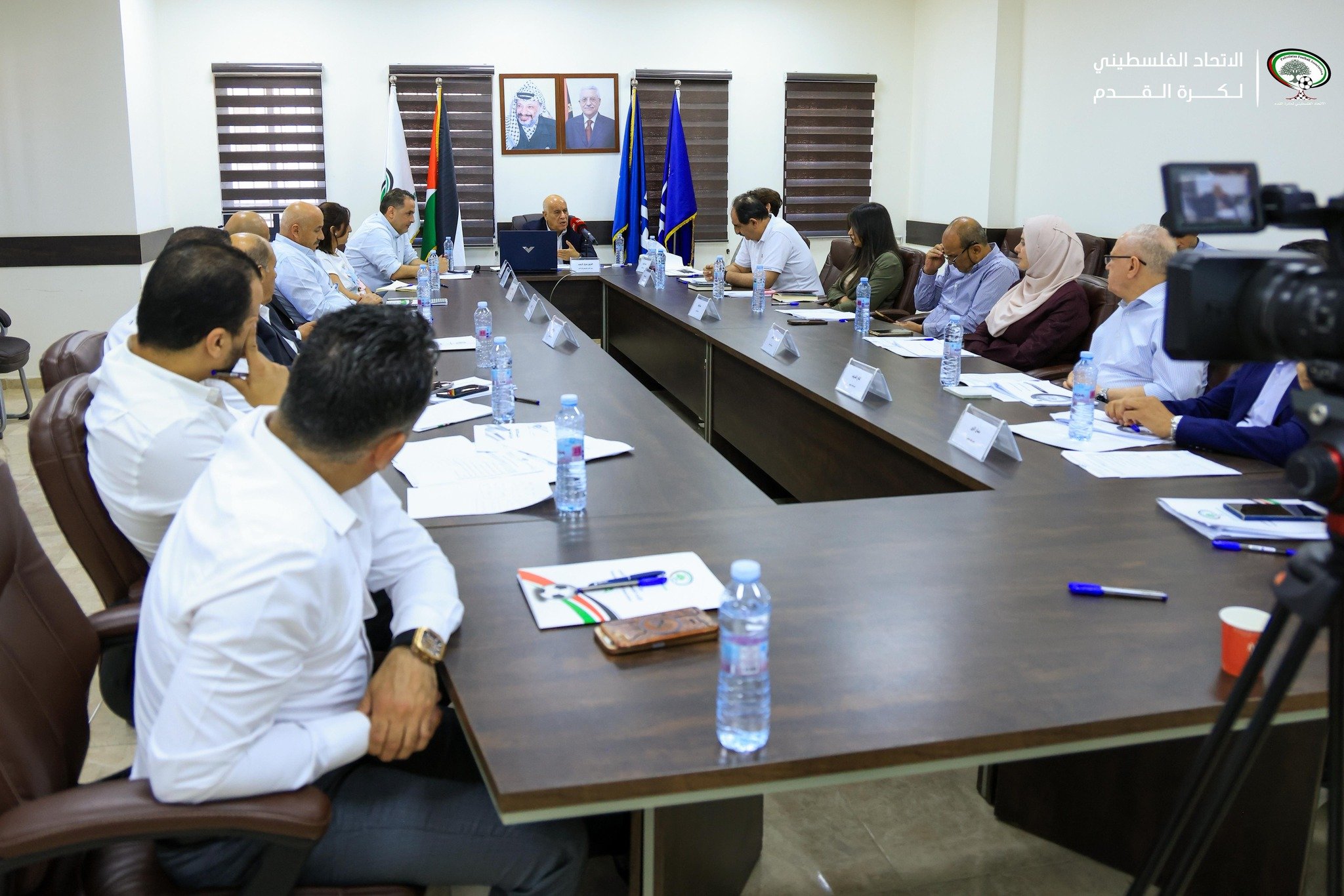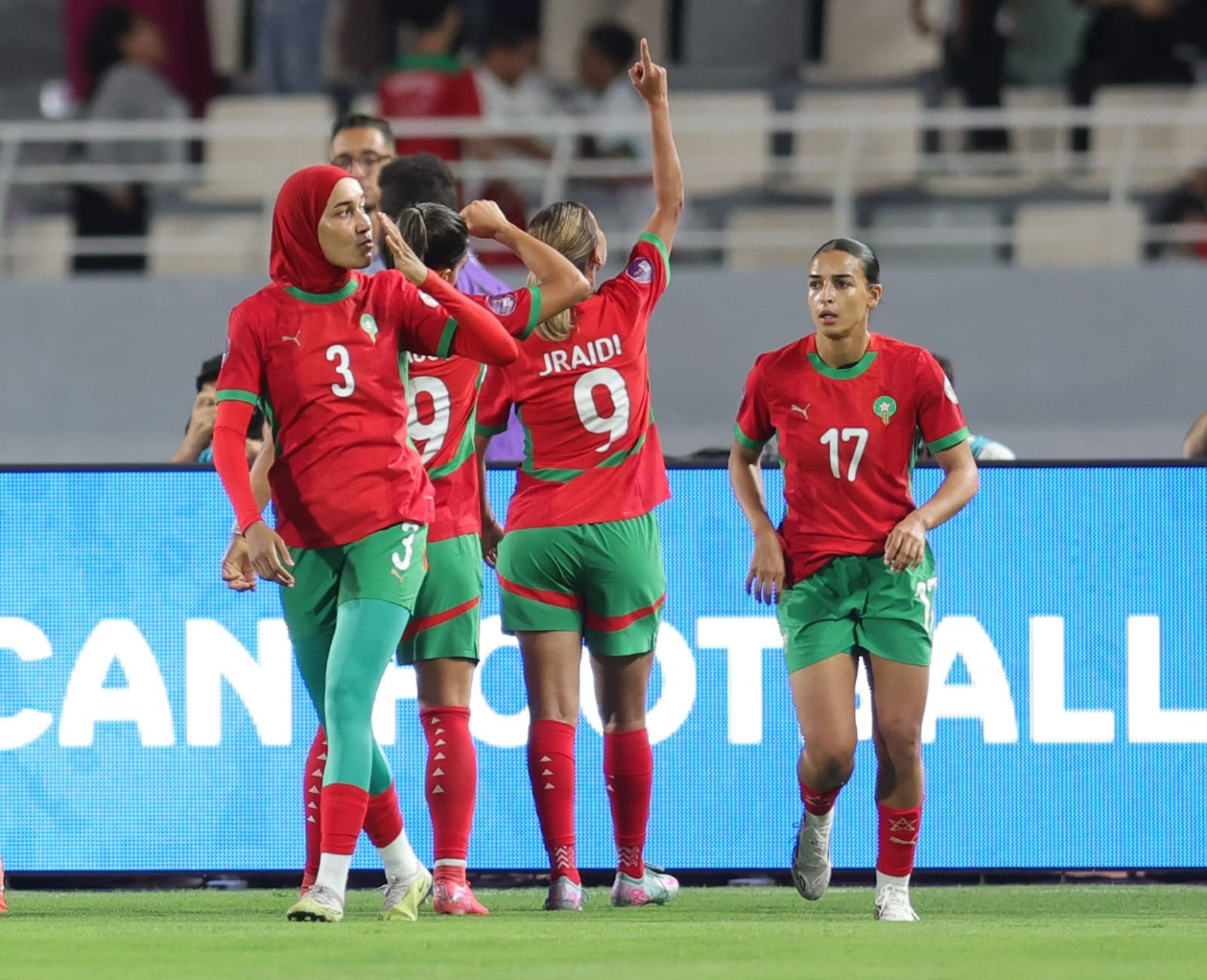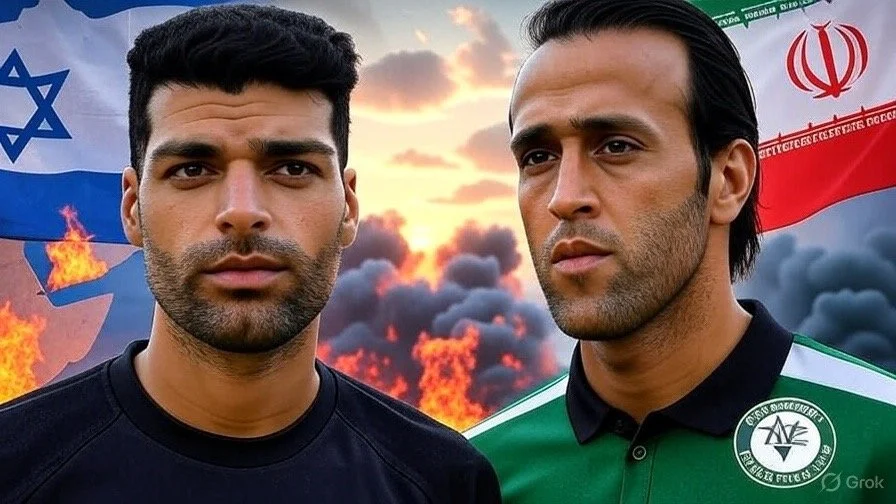In Basra, as the last glimpse of the 2022 World Cup in Qatar slowly fades away in the skies, the 25th Arabian Gulf Cup is ready to get underway.
One of the most prestigious tournaments in the Arabian football calendar will kick off on Friday, with the match between hosts Iraq and Oman, at the Basra Sports City Stadium.
That will be followed by the match between Saudi Arabia and Yemen, which will seal the first day of a historic tournament when it comes to Middle Eastern affairs.
For the outsider, the fact that an international football tournament of Gulf countries is taking place in Iraq might seem normal, but the truth is that the 25th edition of the Arabian Gulf Cup is a rare and unique occasion.
For the first time in 44 years, since the 1979 tournament, Iraq is hosting a major international sporting event.
From the Gulf Wars and the years of Saddam Hussein to the US invasion in 2003, Hussein's fall and the civil war that came right after — the reality is that, at large, it was impossible to host international football in the country.
In recent years, FIFA has inspected several areas of the country as part of a general effort to open up Iraq and its footballing possibilities.
In 2017, the Iraqi national team hosted their first international friendly after years of playing their home games away - in Amman, Abu Dhabi and Tehran.
One year later, FIFA decided to lift the ban on international matches taking place in the country, which helped club side Al Quwa Al Jawiya participate in the AFC Champions League a couple of seasons later.
In 2019, the West Asian Football Federation (WAFF) championship took place there but, compared to the Khaleeji, it is a small-scale tournament.
And the Gulf Cup represents so much more than just football for this part of the world.
It is a competition that carries prestige, it demonstrates the competitiveness that is an integral part of the Gulf region's characteristics, and used to be a rare chance to celebrate the Arab identity amongst west Asian people.
This time, due to the proximity to the 2021 Arab Cup and the 2022 World Cup, where this identity was celebrated internationally, the Gulf Cup is bringing back the cosiness to Middle Eastern football.
Basra is ready, will Iraq be?
The Khaleeji will be played in Basra in two stadiums - the Basra International Stadium (65,000 seats) and Al Minaa Olympic Stadium (30,000).
Both have been renovated for the occasion, with the latter prepared and inaugurated in a friendly between Iraq and Kuwait, which ended 1-0, on 26th December.
The Iraqi Football Association has been working with the organising committee to create the best conditions possible, and to give an air of normality, with a sprinkle of festivity, to the tournament.
The hosts arrive at the tournament at the beginning of a transitional era.
Jesus Casas, the side’s new head coach, is only starting to learn the team, and build it in his own vision. The team has seen a lot of chopping and changing in recent years - the departure of Srecko Katanec, a bizarre Dick Advocaat adventure, and Radhi Shenashil's caretaker term.
Iraqi fans are craving footballing success, and the fans in Basra will create a special atmosphere in every match.
Since 2007, when Iraq won the Asian Cup, they haven't tasted success, only sorrow and struggles for normality, despite the Iraqis' desire for triumph.
And the Gulf Cup is an unpredictable tournament.
Last time around, despite Qatar entering the tournament as hosts, they finished fourth, with Bahrain clinching the title after a 1-0 victory over Saudi Arabia.
And the tournament before that, in Kuwait, Oman took the region by storm as they surprised the United Arab Emirates, and the great Omar 'Amoory' Abdulrahman.
Surprises are just around the corner
This time, once again, surprises are likely.
Qatar, still licking their wounds from the World Cup, are arriving with a reserve squad, without Felix Sanchez at the helm - who left after the failure - with Bruno Pinheiro his replacement.
Saudi Arabia also come with a side based on the next generation. After their success in the U23 Asia Cup, the Saudis hope that this side can also achieve regional greatness.
Meanwhile, with all due respect to these giants, Bahrain hopes to preserve the title.
Oman, under Branko Ivankovic, are definitely capable of causing havoc to any side, and even Kuwait, who have won the most Gulf Cup titles - 10 - are looking combative and determined to shock their neighbours.
In unfortunate circumstances, and quite often in recent years, Yemen will be the emotional story of this tournament - a team from a war-torn country that is still suffering from a brutal civil war and devastating famine. Anything except an early exit will be a success.
The Middle East is changing
Above all, this edition of the Arabian Gulf Cup symbolises the significant movement we are witnessing in the Middle East in recent years, and in 2022 that has reached its peak.
The Arab world and the football world are getting closer, and the Middle East is becoming a centre for the world's most popular sports.
The Khaleeji is just one in a series of events that will take place in the region: the La Liga Supercup is in Saudi Arabia next week, the AFC Champions League west play-offs in Qatar, and the Club World Cup in Morocco.
Coupled with it being the year that the first World Cup in the region was held in Qatar, and Cristiano Ronaldo signing for Al Nassr, it shows that the Middle East is changing.
From a region that identifies solely with wars, terror, civil war, oil and tension, to an alternative with a growing and unique centre of football.
Who imagined just a few years back Iraq would host the region for a fortnight-long tournament in Basra? Not many. Now, it's game time in Mesopotamia, and all eyes are on Iraq and the Middle East.
Edited by Alex Smith


